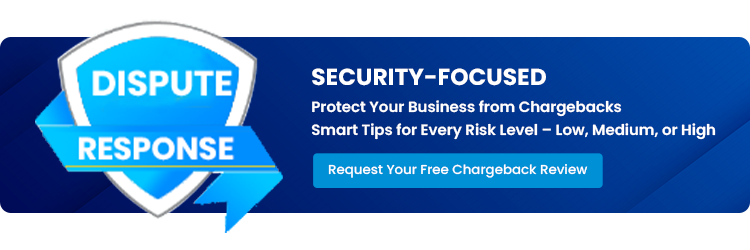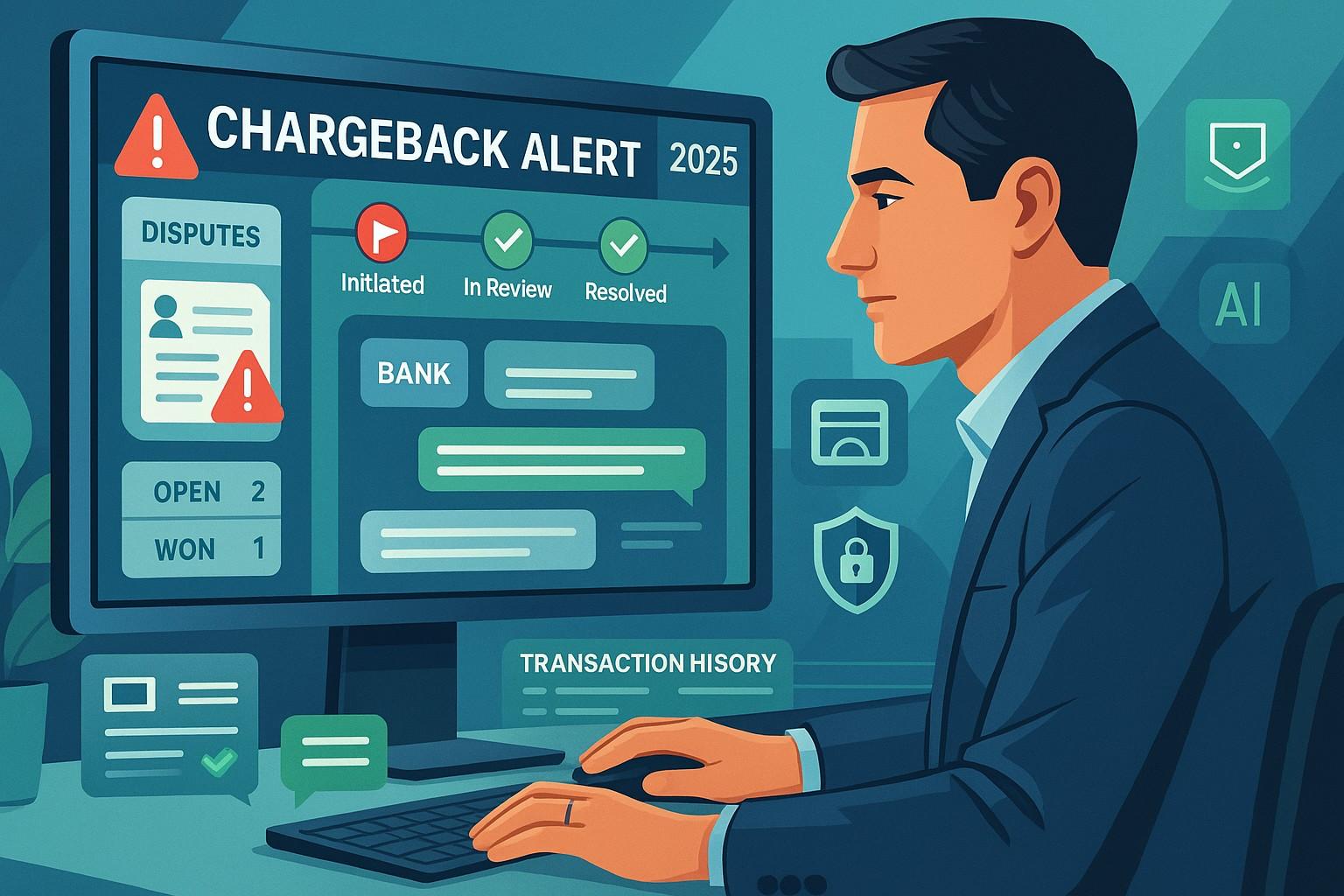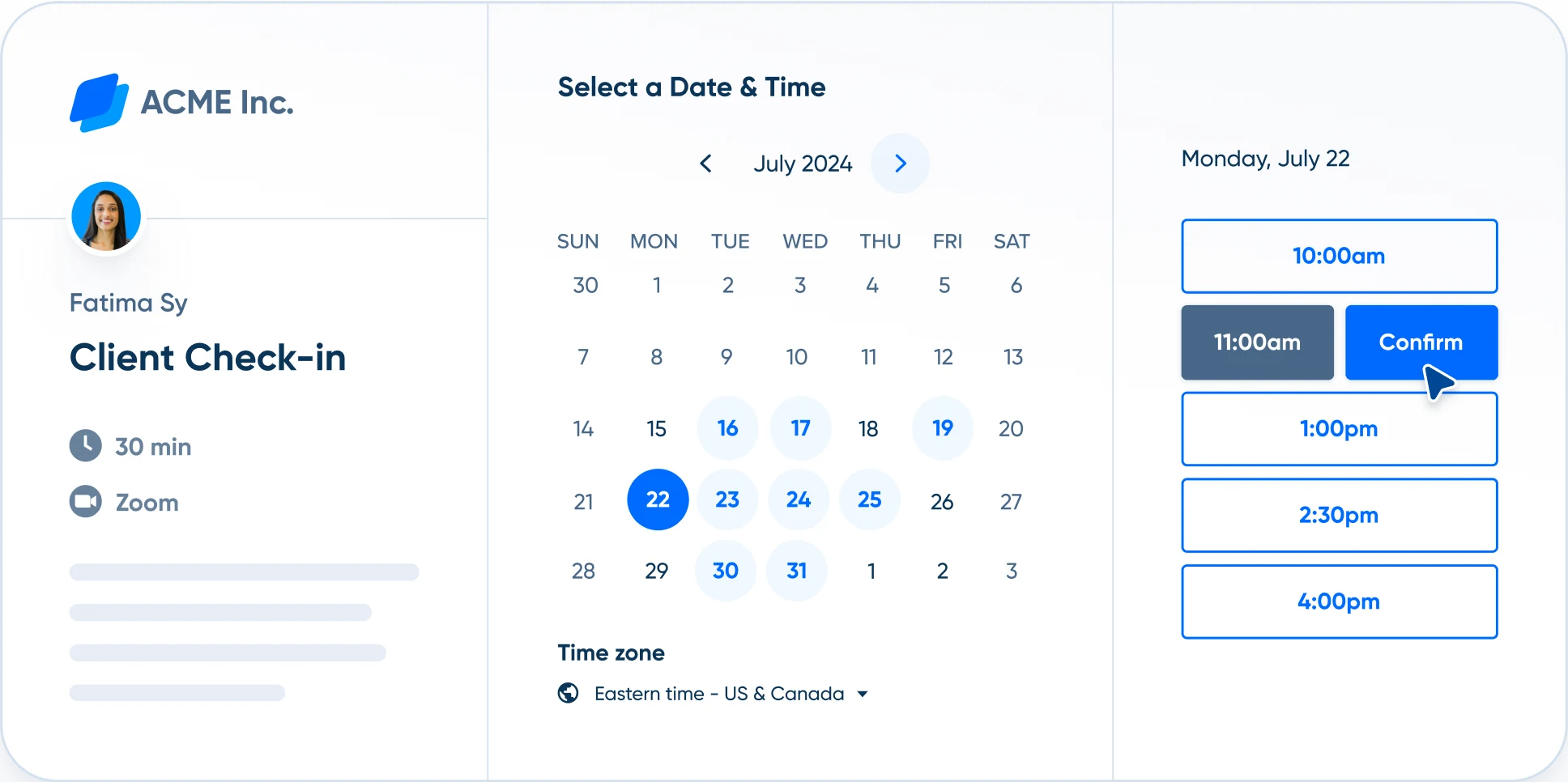Chargeback Management Services - Dispute Response Aug/ 12/ 2025 | 0
In 2025, navigating the bank dispute process isn’t just a reactive task—it’s a core component of sustainable business management. With rising customer expectations, increasing fraud, and tighter bank scrutiny, U.S. businesses need to master this process to maintain cash flow and safeguard their merchant accounts.
Let’s break down what the bank dispute process entails and how your business can not only survive—but thrive.
What Is the Bank Dispute Process?
When a customer disputes a charge, the issuing bank initiates a chargeback, pulling funds from the merchant and placing them on hold. This process is meant to protect consumers but can be costly and damaging to businesses—especially when disputes are illegitimate or avoidable.
Why Bank Disputes Matter More in 2025
- Tighter Regulations: Banks now require more thorough documentation.
- Higher Risk of Account Holds: Excessive disputes can flag your business as high-risk.
- More Sophisticated Fraud: Friendly fraud is evolving fast.
- Merchant Reputation: A high dispute ratio can impact your processing privileges.
How to Handle Bank Disputes Effectively
1. Understand Dispute Categories
Disputes fall into categories such as fraud, authorization errors, duplicate charges, or product/service issues. Understanding the reason code helps you craft an accurate and timely response.
2. Collect and Organize Documentation
The stronger your evidence, the better your chances of winning:
- Order confirmation and invoices
- Delivery tracking and shipping logs
- Communication records
- Refund policies clearly shown at checkout
3. Respond Promptly
Every chargeback has a deadline. Miss it—and you forfeit the case. Set up internal alerts or use chargeback management software to stay ahead.
4. Use Chargeback Alerts
Real-time alerts from services like Ethoca or Verifi allow you to refund customers before a dispute turns into a formal chargeback.
5. Partner with a Dispute Management Firm
Third-party services, like Dispute Response, specialize in handling chargebacks, gathering evidence, and responding on your behalf—saving time and improving win rates.
Proactive Tips to Prevent Future Disputes
- Clear Product Descriptions: Avoid customer misunderstandings.
- Transparent Billing Descriptors: Ensure customers recognize your charge.
- Responsive Customer Support: A quick resolution prevents many disputes.
- Recurring Payment Disclosures: Make subscription terms crystal clear.
- Fraud Prevention Tools: Use AVS, CVV checks, and 3D Secure authentication.

Email us anytime!
Email customer service 24/7

Call us anytime!
Reach customer care 24/7 at +1 (888) 927-5152
Final Thoughts
The bank dispute process in 2025 is more demanding—but also more manageable if you take a proactive and strategic approach. By understanding the system, improving documentation, and using the right tools and partners, your business can reduce losses and focus on growth.


